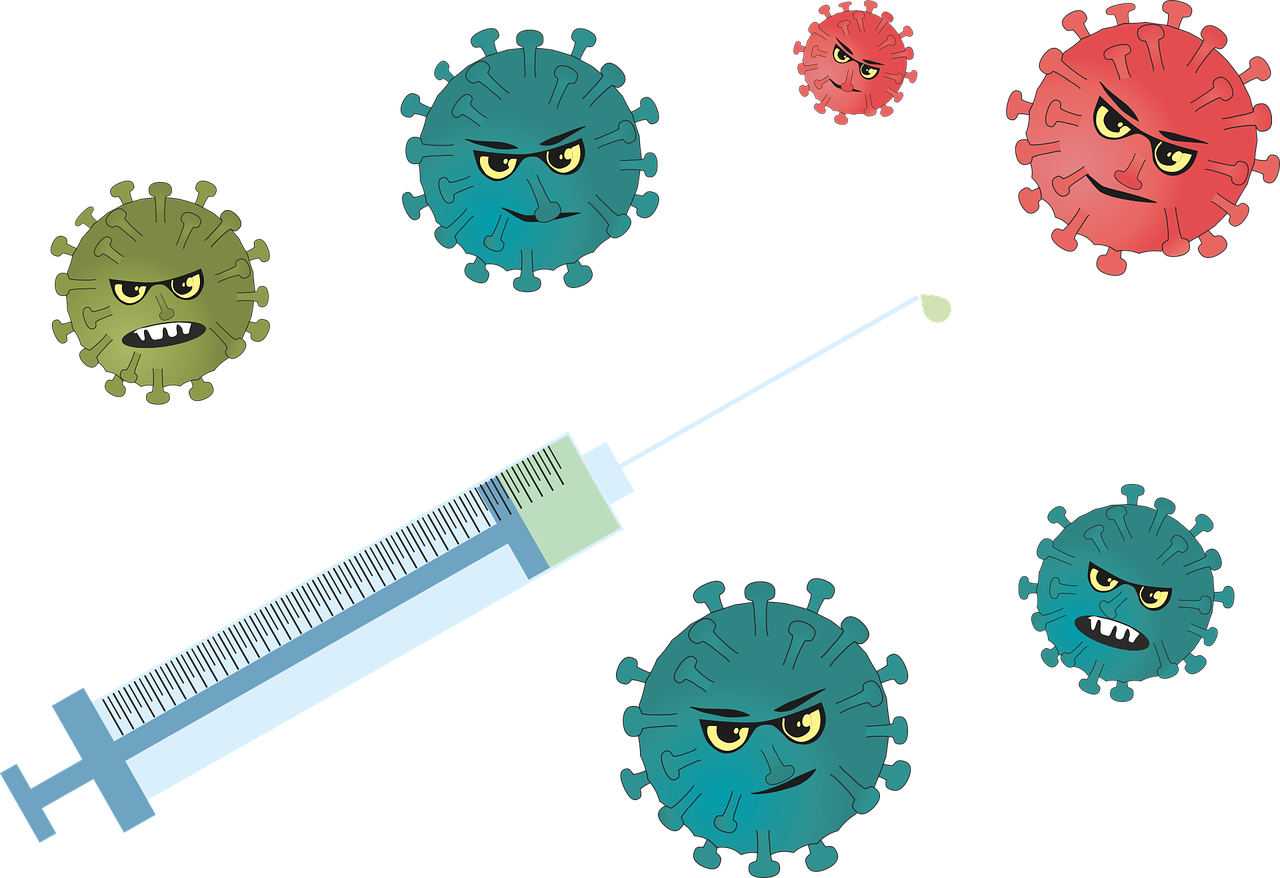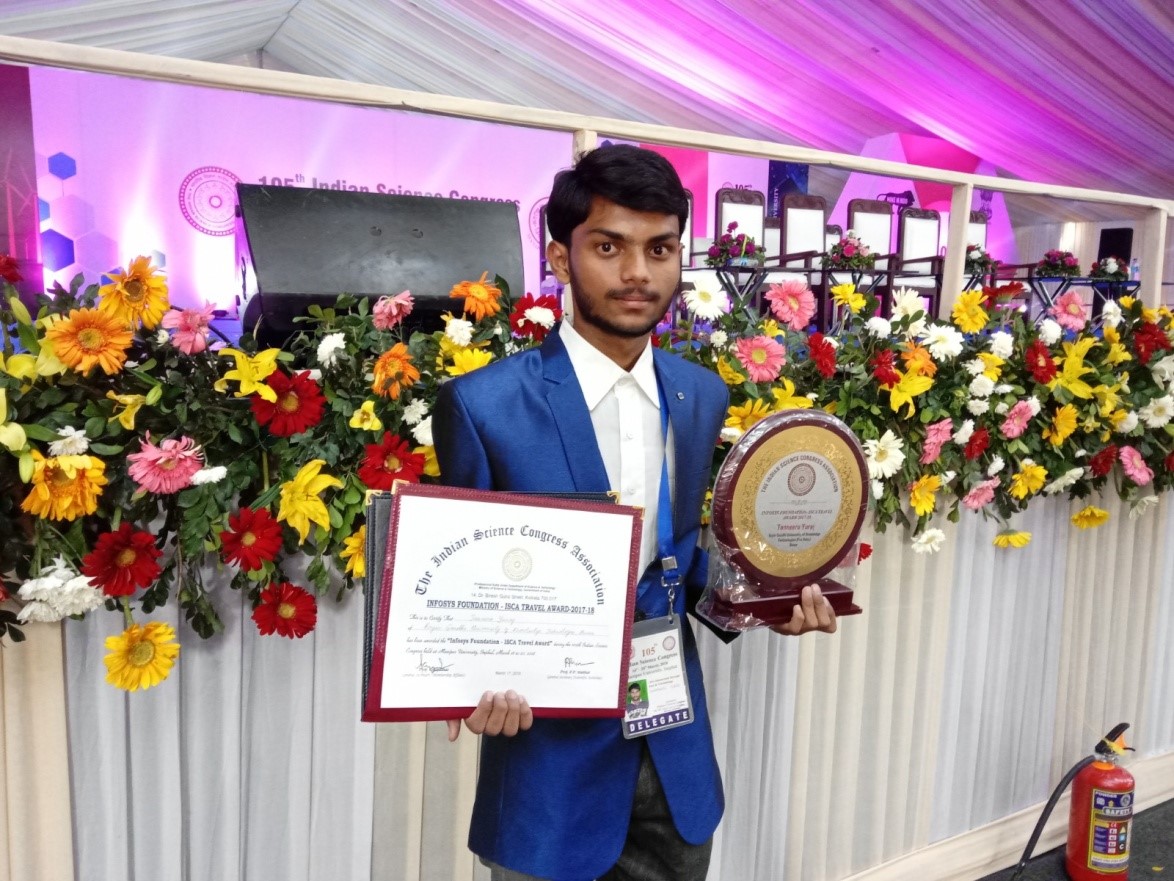
Researchers Start Working on Genome Sequencing Of COVID-19
- News
- 1.9K
The COVID-19 is a new virus and researchers are trying to figure out all the different aspects of it. Two institutes of the Centre for Scientific and Industrial Research (CSIR) – the Centre for Cellular and Molecular Biology (CCMB), Hyderabad, and the Institute of Genomics and Integrative Biology (IGIB), New Delhi — have started working together on the whole genome sequencing of COVID-19 virus.
“This will help us to understand the evolution of the virus, how dynamic it is and how fast it mutates This study will also help us to know the future aspects of it,” said Dr. Rakesh Mishra, Director, CCMB, while speaking with ISW.
Whole-genome sequencing is a method used to determine the complete DNA sequence of a specific organism’s genome. The approach for sequencing the latest coronavirus involves getting samples from patients and sending these samples to a sequencing center. Genome sequencing studies need a large number of samples.
“Without much data if you make any conclusion that may not be right. At the moment we are accumulating as many sequencings as we can and once we have a few hundreds of sequencing with us then we will be able to make many inferences from many biological aspects of this virus,” said Dr. Mishra.
Three to four researchers from both the institutes are continuously working on the whole genome sequencing. In the next 3-4 weeks, researchers would be able to get at least 200-300 isolates and this information would help them to make some further conclusion about the behavior of this virus. For this purpose, the National Institute of Virology (NIV), Pune, has also been requested to give a virus that has been isolated from different places.
This will help the scientists to cover the whole country to get a bigger and clearer picture to further establish the family tree of the virus. Dr. Mishra told that based on this they can study from where the virus has come, which strain has more similarity, the varied mutations, and which strain is weak and which strain is strong. “This will give some strategic clues to understand it and to implement better isolation strategies,” he said.
In addition to this, CCMB has also increased the testing capacity. A large number of people are undergoing testing and they would go for mass screening. This will help them to identify the number of positive cases and then send them for isolation or quarantine. (ISW)
If you liked this article, then please subscribe to our YouTube Channel for the latest Science & Tech news. You can also find us on Twitter & Facebook.


